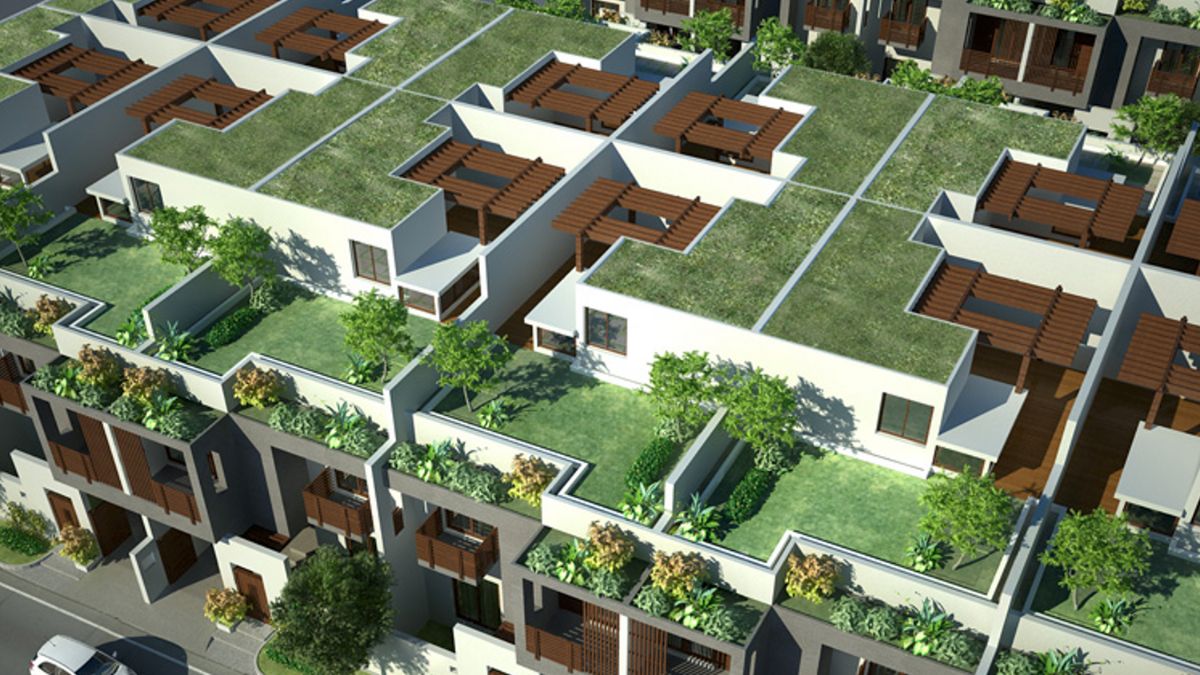Pakistan is steadily advancing in sustainable construction, driven by the efforts of the Pakistan Green Building Council (PGBC). By 2025, PGBC has become a recognized leader in promoting eco-friendly architecture, earning the status of an established member of the World Green Building Council’s Asia-Pacific network. This milestone highlights the country’s growing commitment to energy efficiency, climate resilience, and responsible urban development.
Progress Through Collaboration and Innovation
To initiate large-scale change, PGBC partnered with the Ministry of Climate Change, SWITCH-Asia SCP Facility, UN-Habitat, and academic institutions. Together, they developed Pakistan’s first Green Building Code, aligning it with international frameworks like IgCC-2018 and ASHRAE 90.2. More importantly, they customized the code to address local needs in energy use, water conservation, and indoor environmental quality.
In 2022, PGBC held a workshop that integrated green principles into the government’s Five Million Housing Scheme. As a result, energy-efficient design, waste management, and improved indoor air quality gained importance in public housing projects.
Read More: Complete Guide to Swimming Pools: Types, Materials & Maintenance
Regulatory Milestones in 2024–2025
Pakistan took a major leap in 2024 when the National Energy Efficiency and Conservation Authority (NEECA) officially launched the Energy Conservation Building Code (ECBC‑2023). With technical support from GIZ (Germany), the code became mandatory for all new construction, helping reduce the nation’s energy consumption significantly.
Furthermore, in early 2025, the Sindh Building Control Authority (SBCA) collaborated with the Building Energy Research Centre (BERC) to incorporate ECBC-2023 into provincial bylaws. To ensure successful adoption, they launched training programs for architects, regulators, and urban planners in major cities like Karachi and Hyderabad.
Financial Sector Engagement
At the same time, PGBC, in collaboration with the International Finance Corporation (IFC) and Pakistan Banks Association (PBA), introduced awareness campaigns. These events emphasized the economic benefits of green buildings, including long-term energy savings, enhanced property value, and improved health outcomes. Consequently, banks began designing green mortgage products and offering incentives for sustainable construction projects.
Read More: FBR Seizes First Benami Properties in Islamabad’s Prominent Housing Society
Summary of Key Initiatives (2021–2025)
| Year | Initiative | Stakeholders | Impact |
|---|---|---|---|
| 2021–22 | Green Building Code Draft | PGBC, UN-Habitat, SWITCH-Asia | Introduced sustainability standards |
| 2022 | Housing Scheme Workshop | PGBC, Government | Embedded green criteria in public housing |
| 2023 | ECBC-2023 Adoption | NEECA, GIZ | Enforced national energy standards |
| 2024 | Sindh By-Law Integration | SBCA, BERC | Regional implementation with training |
| 2025 | Financial & Certification Drive | IFC, Banks, PGBC | Promoted green loans and certifications |
Looking Ahead
As PGBC expands its efforts, Pakistan is preparing for a nationwide rollout of ECBC-2023. The introduction of digital tools for compliance and new certification programs will support sustainable practices across both public and private sectors. These efforts directly contribute to Pakistan’s Nationally Determined Contributions (NDCs) under global climate goals.
Conclusion
In conclusion, the Green Building Movement in Pakistan is progressing rapidly. Thanks to PGBC’s leadership, combined with government backing and market support, green construction is becoming a national priority. With each new policy, training, and investment, Pakistan is laying the foundation for a resilient, sustainable built environment. Stay updated with: Bloom Pakistan
Read More: DHA Gujranwala Balloting 2025: Complete Details and Results









